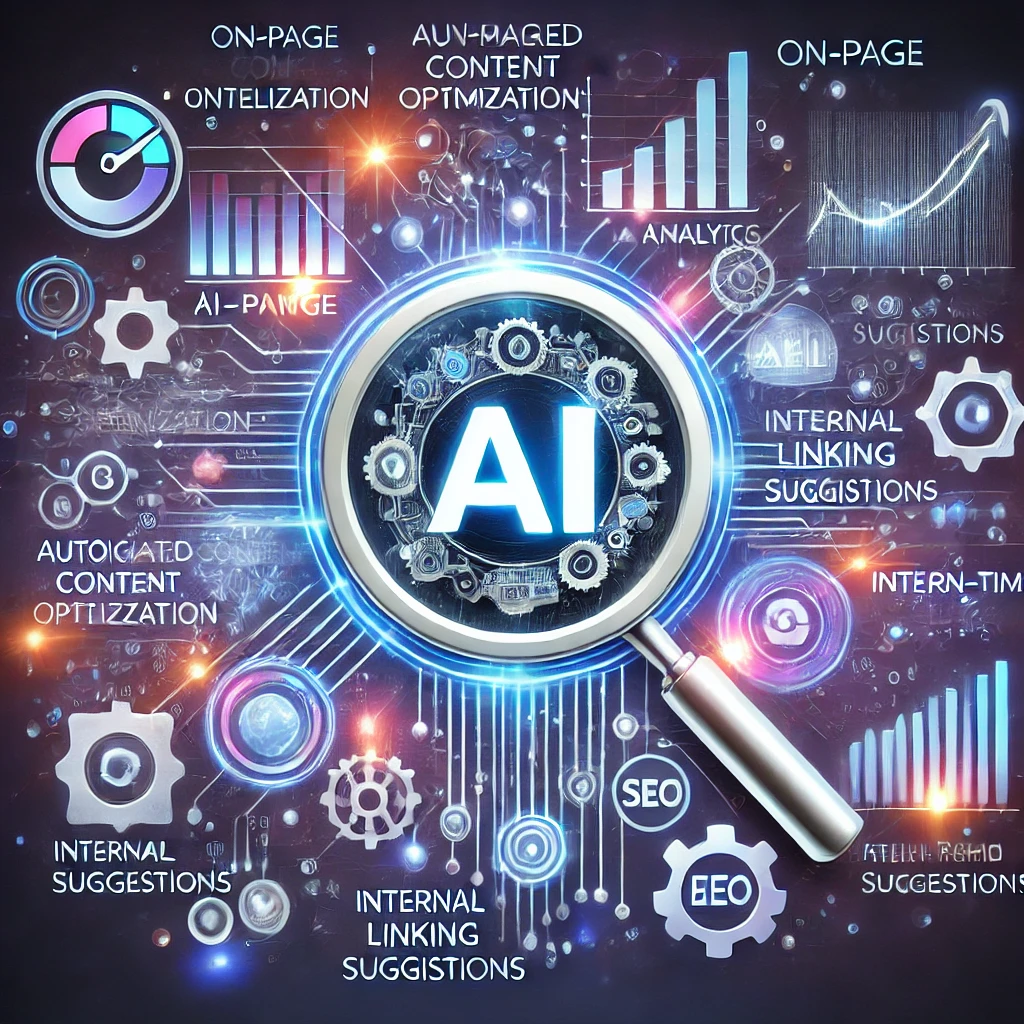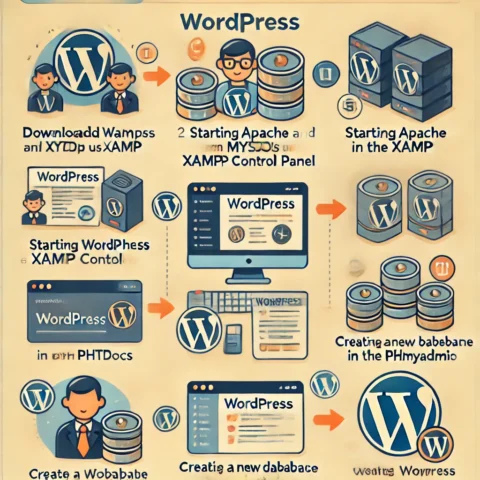Search engine optimization (SEO) plays a crucial role in determining how well your website performs in search engine rankings. Among the many facets of SEO, on-page SEO focuses on optimizing individual pages to improve their visibility and relevance. With advancements in technology, artificial intelligence (AI) is revolutionizing how on-page SEO is implemented. Let’s explore how to leverage AI to enhance your website’s on-page SEO.
1. Understanding On-Page SEO
On-page SEO refers to the practice of optimizing individual web pages to rank higher and earn more relevant traffic from search engines. It involves elements such as:
- Content quality and relevance
- HTML tags (title, meta description, header tags)
- Internal and external linking
- Keyword optimization
- User experience factors (page speed, mobile responsiveness)
By integrating AI into these processes, you can achieve more precise and efficient optimization.
2. Benefits of Using AI for On-Page SEO
Improved Efficiency and Time-Saving
Traditional SEO tasks, like keyword research and content analysis, can be time-consuming. AI tools automate these processes, providing faster and more accurate insights.
Enhanced Content Optimization
AI can analyze top-ranking pages and suggest improvements, ensuring your content aligns with search intent and keyword relevance.
Real-Time Data Analysis
With AI-powered tools, you can receive real-time recommendations for keyword usage, content structure, and even user engagement metrics.
3. AI Tools for On-Page SEO
Several AI-based tools have become essential for on-page SEO:
a) Content Optimization
Tools like Surfer SEO, Clearscope, and MarketMuse provide content scores, keyword suggestions, and detailed recommendations to improve your content’s SEO performance.
b) Keyword Research
AI-driven keyword research tools analyze user intent and search trends to identify profitable long-tail keywords. Tools such as SEMrush and Ahrefs incorporate AI for better data-driven insights.
c) Internal Linking Automation
AI-powered tools, such as Link Whisper, analyze your content and suggest relevant internal linking opportunities, enhancing site structure and navigation.
d) Meta Tags and Title Generation
Tools like Copy.ai or Jasper AI help generate engaging and SEO-friendly titles, meta descriptions, and headers, saving time while improving click-through rates.
4. Content Analysis and Improvement
AI tools assess your content’s structure, readability, and keyword density. They also suggest related semantic keywords to improve search engine relevance. Tools like Frase or INK can guide content refinement to match user intent more closely.
5. Image Optimization with AI
Images are a critical component of on-page SEO, and optimizing them enhances page speed and accessibility. AI-based tools like TinyPNG and ImageKit optimize image size without compromising quality. Some tools even generate alt text using machine learning.
6. Voice Search Optimization
Voice search is growing rapidly, and AI can help optimize content for conversational keywords and natural language phrases. Using tools that incorporate natural language processing (NLP) ensures your content is voice-search friendly.
7. Tracking and Analytics with AI
AI-integrated platforms such as Google Analytics 4 (GA4) and SEOmonitor provide actionable insights and predictive analytics. AI helps identify patterns and predict traffic trends, allowing proactive SEO improvements.
Conclusion
AI is transforming on-page SEO by enhancing efficiency, precision, and performance. From content optimization to internal linking and real-time analytics, AI-powered tools provide a competitive edge for website optimization. By embracing AI, you can achieve better rankings, increased traffic, and a superior user experience.
FAQs
1. What are the best AI tools for on-page SEO?
Some popular AI tools include Surfer SEO, Clearscope, and Frase for content optimization, and Link Whisper for internal linking.
2. Can AI completely automate on-page SEO?
While AI can significantly enhance and automate many aspects of on-page SEO, human oversight is still necessary to ensure quality and strategic alignment.
3. How does AI improve content optimization?
AI analyzes top-ranking content, keyword usage, and user intent to provide actionable recommendations that improve relevance and readability.
4. Is using AI for SEO cost-effective?
Yes, AI tools can save time and increase efficiency, making them a cost-effective solution for long-term SEO success.
5. What’s the future of AI in on-page SEO?
The future of AI in SEO involves even more sophisticated personalization, voice search optimization, and predictive analytics to enhance user engagement and search rankings.







